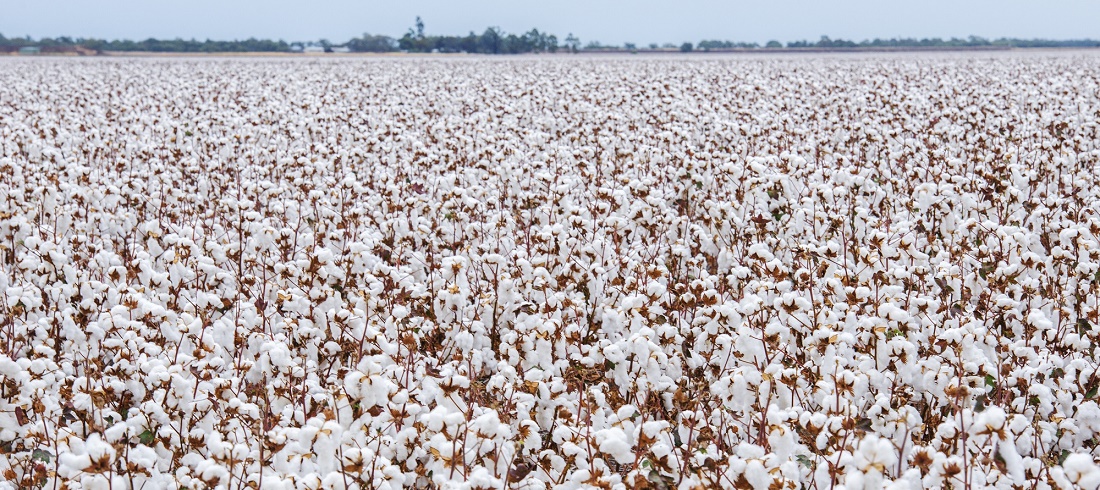
Cotton: ABRAPA wants to make Brazil the world’s largest cotton exporter by 2030
Aug, 31, 2021 Posted by Ruth HollardWeek 202134
ABRAPA (the Brazilian association of cotton producers) plans to make Brazil the world’s largest cotton exporter by 2030. To achieve this goal, the organization renewed a partnership with APEX (the Brazilian agency promoting exports and investments). Over the next two years, sales strategies will be studied and protocols defined to ensure good practices in cotton-shipping operations.
The renewal of the agreement between ABRAPA and APEX took place during the cotton planting in Cristalina (GO). The Cotton Brazil project partnership began last year.
“Our objective is to increase the participation of Brazilian cotton in world trade, gaining more space and improving the value of Brazilian fiber. Today, Brazil is the world’s fourth-largest producer of cotton fibers and the second-largest cotton exporter in the world, and we want to grow even more. Because cotton has proven itself over time, with gross sales three times greater than those of soybeans and five times more people employed”, highlights Júlio Cesar Busato, president of ABRAPA
Brazil is the largest supplier of sustainable origin lint. The country accounts for 36% of all cotton certified with the better cotton seal. Now, APEX and ABRAPA must work to define protocols for certifying good practices in export operations.
From January to July this year, Brazil exported almost US$ 2 billion in raw cotton.
Source: Canal Rural
To read the full original article, visit the link:
https://www.canalrural.com.br/noticias/algodao-brasil-maior-exportador-mundial-2030/
-
Blog Statistics (ENG)
Aug, 16, 2024
0
East Coast South America Top Trading Countries | Jan-Jun 2024 vs. Jan-Jun 2023 | DataLiner
-
Other Cargo
Apr, 28, 2022
0
Machinery industry revenue dropped 6% in March
-
Ports and Terminals
Oct, 04, 2023
0
Asia Shipping celebrates best August in 7 years with record cargo volume
-
Shipping
Jun, 20, 2022
0
Maritime freight rises 470%, feeds global inflation, ‘swallows’ companies’ margins



